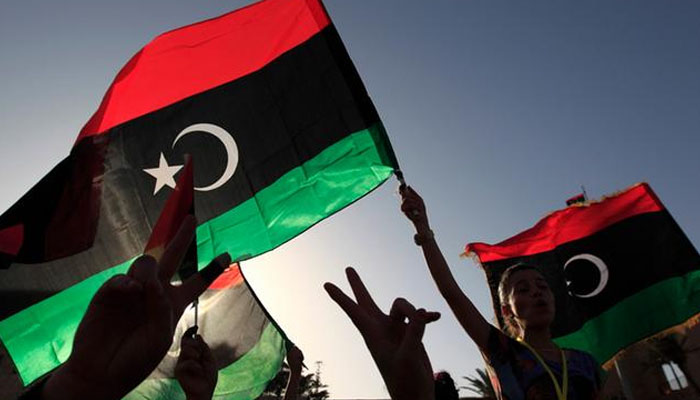Libya: The delay in the elections will ignite a new civil war

The new UN special envoy to Libya has warned that the first anniversary of Libya’s postponed elections is fast approaching and that further delays in the vote could lead the troubled country to further instability, putting it at risk of partition. Abdoulaye Bathily told the UN Security Council that a ceasefire in October 2020 was holding despite a rhetorical escalation and troop build-up by rival governments in the east and west of the country.
International warning
Oil-rich Libya sank into chaos after the NATO-backed uprising that toppled and killed former President Muammar Gaddafi in 2011. In the chaos that followed, the country was divided with rival administrations backed by rogue militias and foreign governments, as confirmed by the US Associated Press. The current political crisis in the country stems from the failure of elections on December 24, 2021. Prime Minister Abdul Hamid Dbeibeh – who led a transitional government in the capital Tripoli – refused to step down. In response, the eastern-based parliament appointed rival Prime Minister Fathi Bashagha, who had sought to install him in Tripoli months ago. “However, there is growing recognition that some effective institutions are actively impeding progress towards elections,” he warned that prolonging the elections “will make the country more vulnerable to political, economic and security instability” and may lead to the risk of partition.
He urged Security Council members to “stand together in encouraging Libyan leaders to act with determination to hold elections as soon as possible”, and urged the Council to “send an unequivocal message to the obstructionists that their actions will not remain without consequences”, and said that the Council had made it clear that ending the ceasefire and resorting to violence and intimidation “will not be accepted and there is no military solution to the Libyan crisis”.
Russian-American conflict
For its part, Russia called the briefing. Its deputy ambassador, Dmitri Polianski, described the situation in Libya as “extremely tense” and “rather unstable,” with no indication of the end of competing governments anytime soon. He said that this “means that there will be no nationwide elections or unification of Libyan state bodies in the short term,” while Polianski warned that “the situation risks getting out of control under the influence of the divergent interests of external stakeholders.” He accused Western countries, in particular the United States, of prolonging the Libyan crisis by using the country’s volatile situation to advance their own interests – unhindered access to Libyan oil. Polianski claimed that Western governments had set a goal of “turning Libya into a fuel station” to meet their energy needs, and claimed that the American administration was only looking at the economic interest, “preventing the growth of the Libyan economy”, “The US rejects the accusations that somehow access to Libya’s oil reserves is the cause of the political impasse in Libya today,” Richard Mills said, referring to Russia. He said the US is upset that a council member who violated the UN Charter by invading and occupying its neighbor continues to “shift the focus of this council with baseless conspiracy theories.”












